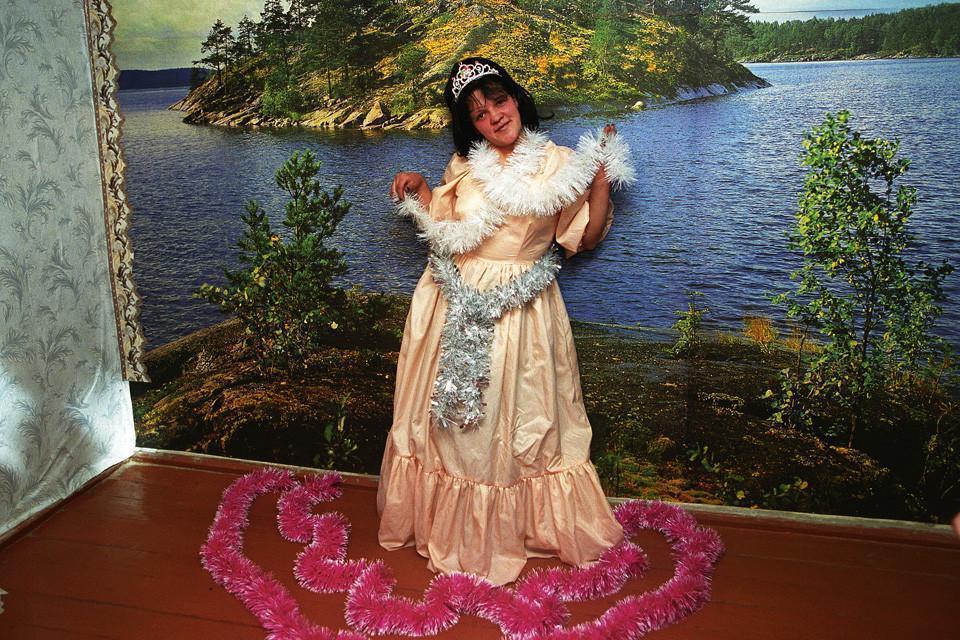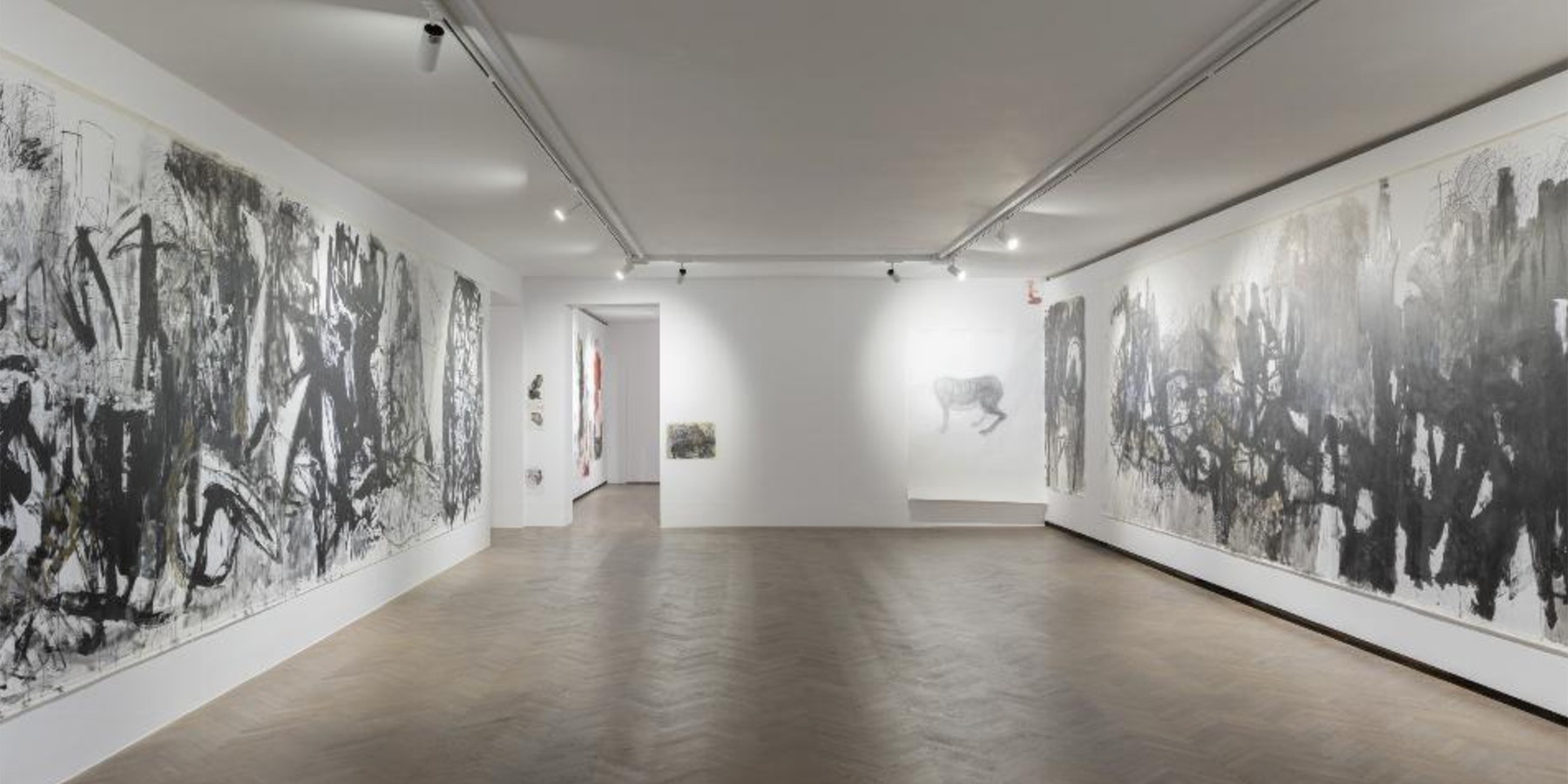Viktor Marushchenko
Dreamland Donbas
Viktor Marushchenko, Dreamland Donbas, 200466 photographs, 32 pieces: 15 × 21 cm, 34 pieces: 60 × 90 cm
Collection II of the Arsenal Gallery in Białystok. Work purchased by the Podlaskie Association for the Promotion of Fine Arts in 2005

In the Dreamland Donbas project, Viktor Marushchenko documents the lives of miners once working in the mines of the Donetsk Coal Basin. Although by 2004 the vast majority of the pits had closed, they were still a source of coal for the vast majority of the approximately 60,000 locals. Illegally mined and sold at markets, coal formed the basis of their modest existence. The men, women and teenagers Marushchenko photographed were working in the shallow, open-pit bootleg mines known as kopanka. The situation in the region changed in 2014, after Russia became active in the region. The kopanka pits, quite contrary to the original meaning of the term, grew into large mines, controlled by pro-Russian separatists. News of Ukrainian coal illegally reaching Europe via Russia circulated in the press at the time.
Marushchenko shows his protagonists at work, as they transport lumps of coal by wheelbarrows and buckets, in sacks or on makeshift sledges. He juxtaposes their figures with the immensity of the vast landscape, a harsh snow-covered emptiness broken by grey apartment blocks, heaps of soil and pathetic, skeletal trees. Several of them the artist captured underground, dirty with dust, with torches on their helmets. The women were also photographed inside the houses – poor, dirty, shabby, with clay stoves. Marushchenko reveals the extreme poverty of the inhabitants of what once was one of the most industrialised areas of the former USSR and modern Ukraine.
Among the pictures are several frames that do not match the previous ones. One woman, photographed after work, with her face blackened by coal dust, wearing trousers and a striped jumper, also poses in a powder peach ball gown, with a Christmas tree chain as a boa. The artist captured her in the kitchen, the “big room” and against a background of a dazzling wallpaper showing an idyllic landscape. In another photograph, her hair pinned up and wearing an elegant black dress, she flirtatiously emerges from behind a white curtain. The mundanity and hardship of everyday life are juxtaposed with dreams of a better life, a longing for its colourfulness and carefreeness. Each of these photographic genre scenes is a deep psychological portrait. What emerges from Marushchenko’s photographs is a human being and everything that constitutes his or her life, in capturing which Marushchenko was aided by his mastery of the photographic craft, an eye sensitive to social nuances and an unprejudiced gaze.
Izabela Kopania
translated from Polish by Klaudyna Michałowicz

PLAN YOUR VISIT
Opening times:
Thuesday – Sunday
10:00-18:00
Last admission
to exhibition is at:
17.30